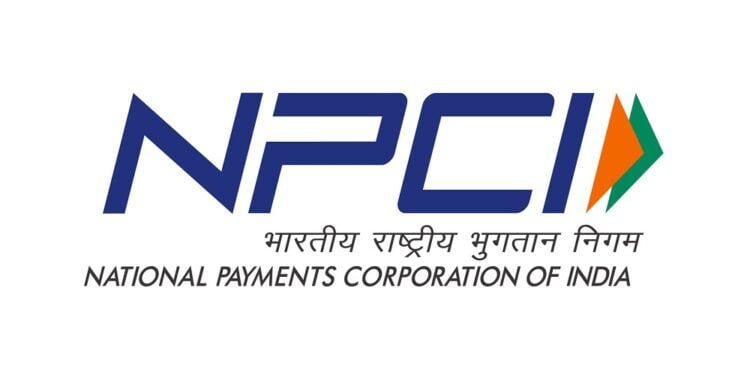The National Payments Corporation of India (NPCI) is an organization that plays a crucial role in transforming the retail payments landscape in India. With its innovative systems and initiatives, NPCI has revolutionized the way financial transactions are conducted in the country.
NPCI operates various retail payments and settlement systems, providing a secure and efficient platform for individuals and businesses to transfer funds. Let’s take a closer look at some of the key initiatives undertaken by NPCI.
1. Unified Payments Interface (UPI):
One of the most significant contributions of NPCI is the development of the Unified Payments Interface (UPI). UPI enables instant and seamless fund transfers between bank accounts using smartphones. With UPI, users can make payments, send money to friends and family, and even pay utility bills with just a few taps on their phones. This has made digital transactions more accessible and convenient for millions of Indians.
2. Immediate Payment Service (IMPS):
IMPS is another groundbreaking initiative by NPCI that allows users to transfer funds instantly, 24×7. Whether it’s sending money to a friend or paying a merchant, IMPS ensures that the transaction is completed within seconds. This real-time payment system has eliminated the need for physical cash or lengthy waiting periods, making it a preferred choice for individuals and businesses alike.
3. Bharat Bill Payment System (BBPS):
To streamline bill payments across the country, NPCI introduced the Bharat Bill Payment System (BBPS). BBPS is an integrated bill payment platform that enables users to pay their utility bills, such as electricity, water, gas, and telecom, in a hassle-free manner. With BBPS, users can make payments through multiple channels, including online portals, mobile apps, and even at physical outlets, ensuring convenience and accessibility for all.
4. National Automated Clearing House (NACH):
NPCI’s National Automated Clearing House (NACH) system has simplified the process of bulk transactions, such as salaries, pensions, dividends, and loan repayments. NACH allows organizations to make direct credit and debit transactions in a secure and efficient manner. This has not only reduced paperwork and manual intervention but also improved the overall efficiency of payment processes.
5. RuPay Card:
NPCI’s RuPay Card is a domestic payment card that provides an alternative to international payment networks. With its widespread acceptance across ATMs, point-of-sale terminals, and e-commerce platforms, RuPay Card has empowered millions of Indians to make secure and convenient payments. By promoting indigenous payment solutions, NPCI has played a significant role in reducing the dependence on foreign payment networks.
NPCI’s role in transforming India’s retail payments landscape cannot be overstated. By promoting digital transactions, NPCI has contributed to the government’s vision of a cashless economy. Its initiatives have not only made financial transactions more accessible but also enhanced the security and efficiency of the payment ecosystem.
In conclusion, the National Payments Corporation of India has revolutionized the way retail payments are conducted in the country. With its innovative systems like UPI, IMPS, BBPS, NACH, and RuPay Card, NPCI has made digital transactions more convenient, secure, and accessible for all. As India continues its journey towards a digital economy, NPCI will play a pivotal role in shaping the future of retail payments in the country.
















